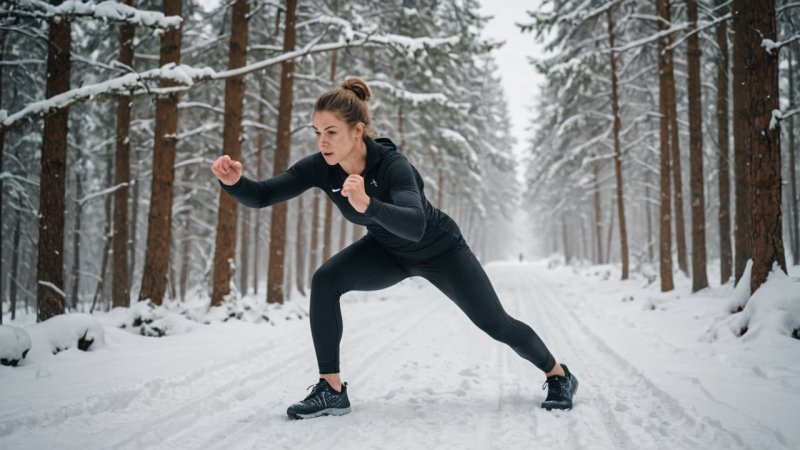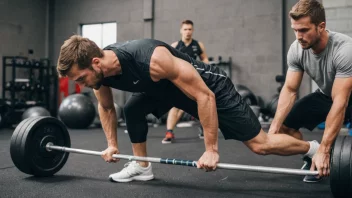What is Functional Training?
Functional training is a type of exercise that focuses on movements that simulate real-life activities. It enhances strength, balance, coordination, and flexibility, making it particularly beneficial for athletes participating in winter sports.
How does functional training improve performance in winter sports?
Functional training improves performance by targeting specific muscle groups used in winter sports. It enhances agility, endurance, and overall body control, which are essential for skiing, snowboarding, and other winter activities.
What are some examples of functional training exercises for winter sports?
- Single-leg squats: Improves balance and leg strength.
- Medicine ball throws: Enhances core strength and rotational power.
- Box jumps: Develops explosive power and agility.
- Planks with arm lifts: Strengthens the core and promotes stability.
How often should winter sports athletes incorporate functional training into their workouts?
Winter sports athletes should aim to incorporate functional training at least two to three times a week. This frequency allows for muscle adaptation without causing excessive fatigue.
Can functional training help prevent injuries?
Yes, functional training can significantly reduce the risk of injuries by strengthening the muscles and joints involved in winter sports. It improves proprioception and body awareness, allowing athletes to respond better to potential hazards on the slopes.
What are the key components of a functional training program for winter sports?
A well-rounded functional training program should include:
- Strength training: Focus on compound movements.
- Balance exercises: Use stability balls or balance boards.
- Flexibility work: Incorporate dynamic stretches and yoga.
- Endurance training: Include cardiovascular conditioning through activities like running or cycling.
Is functional training suitable for all levels of winter sports athletes?
Absolutely! Functional training can be tailored to suit beginners, intermediate, and advanced athletes. Modifications can be made to ensure that the exercises are appropriate for each individual’s skill level and fitness goals.
What are some common misconceptions about functional training?
One common misconception is that functional training is only for elite athletes. In reality, it benefits anyone looking to improve their physical performance, regardless of their experience or skill level. Another misconception is that functional training involves only bodyweight exercises; however, it can also include weights and resistance training.
How can athletes track their progress in functional training?
Athletes can track progress by keeping a training log, noting improvements in strength, balance, and endurance. Regular assessments, such as timed exercises or performance in sports-specific skills, can also help gauge progress.
Where can winter sports athletes learn more about functional training?
Winter sports athletes can learn more about functional training through various resources, including online courses, workshops, and personal trainers specializing in functional fitness. Many sports performance centers also offer programs tailored to winter sports athletes.






